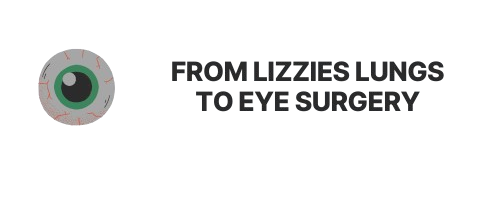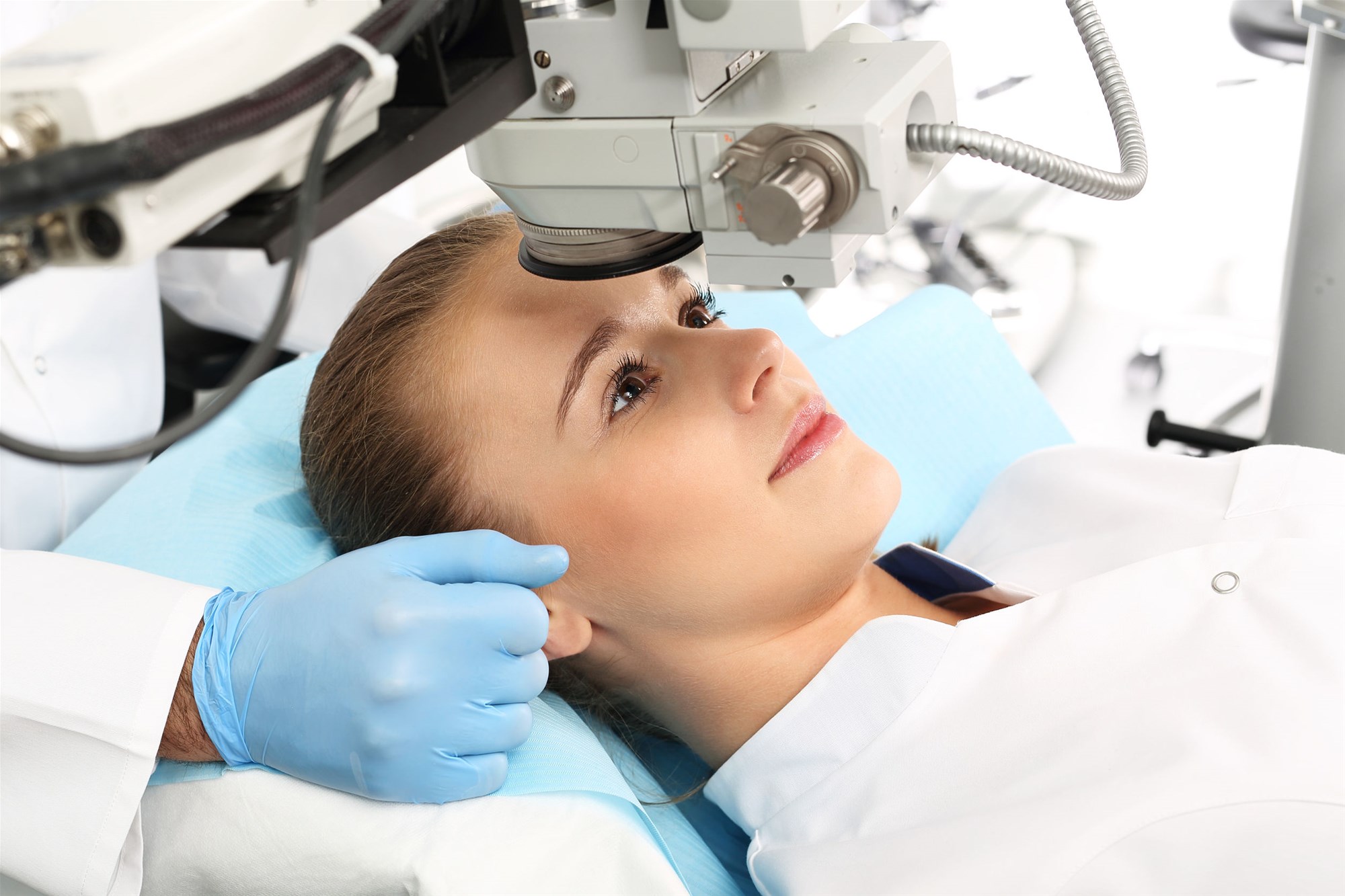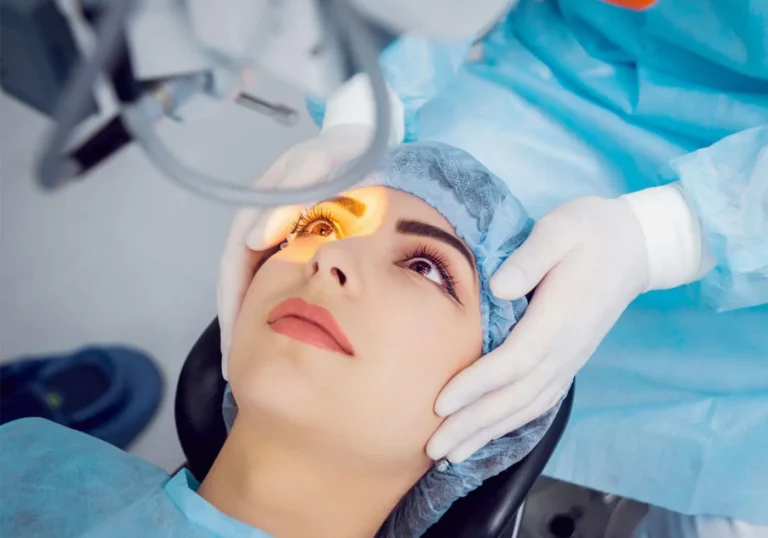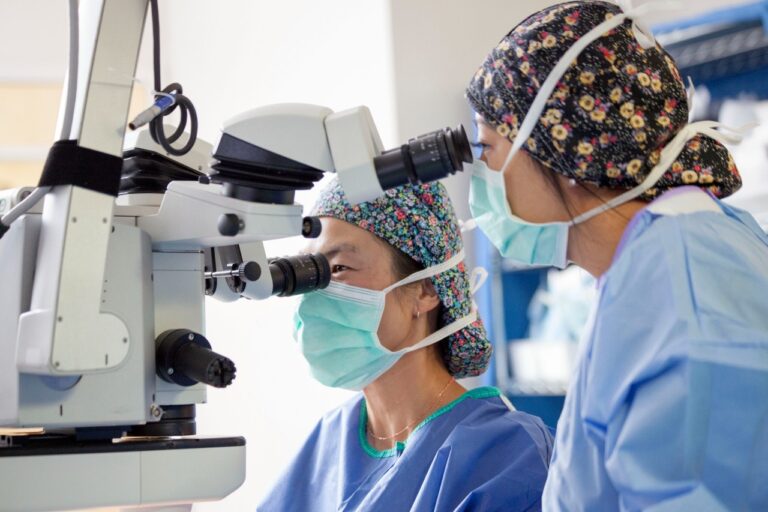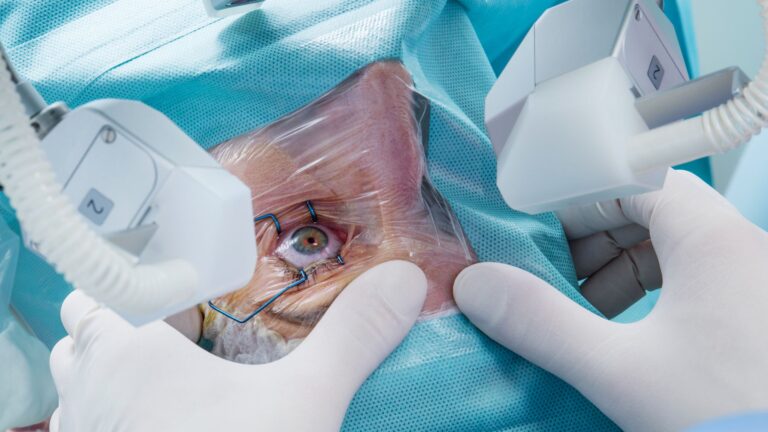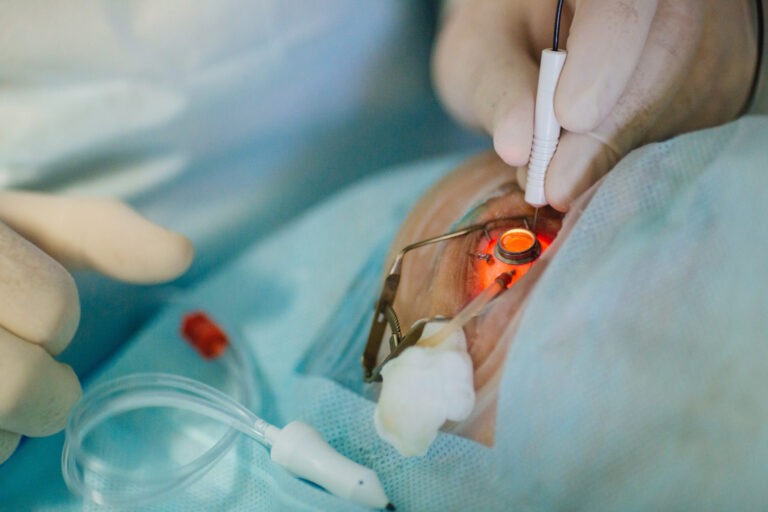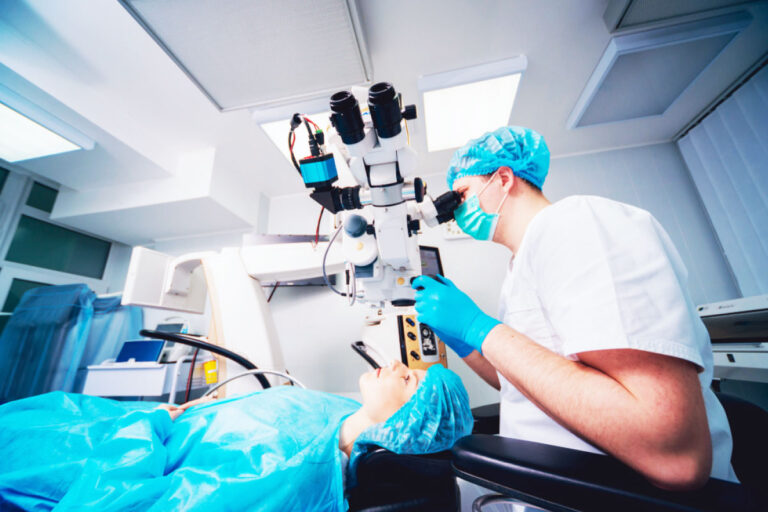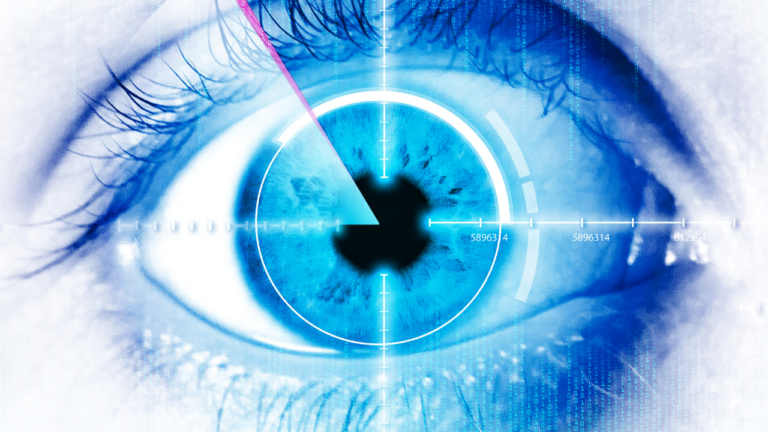The stages involved in cataract surgery recovery
It takes around a month to recuperate from cataract surgery. Following cataract surgery, you should treat your eye with particular care.
After cataract surgery, your ophthalmologist will give you precise instructions for the hours, days, and weeks after the procedure.
Some basic principles for post cataract surgery treatment are as follows:
1. Avoid heavy lifting or strenuous exercise for a few weeks.
2. For a few days, avoid leaning over.
3. Swimming should be avoided for the first several weeks following surgery.
4. Avoid irritants near your eyes.
5. Try not to rub your eyes.
The Recovery Process After Cataract Surgery
Cataract surgery is often done as an outpatient procedure, meaning you may go home the same day your cataract is removed. This means you’ll spend the bulk of your recovery time at home, with just a few follow-up visits to your ophthalmologist to check proper healing. To reduce the risk of procedure-related complications including as inflammation, infection, swelling in the retina, detached retina or lens, pain, and vision loss, it’s vital to follow your ophthalmologist’s recovery recommendations to the letter. Click here for rapid antigen tests and other diagnostic techniques.
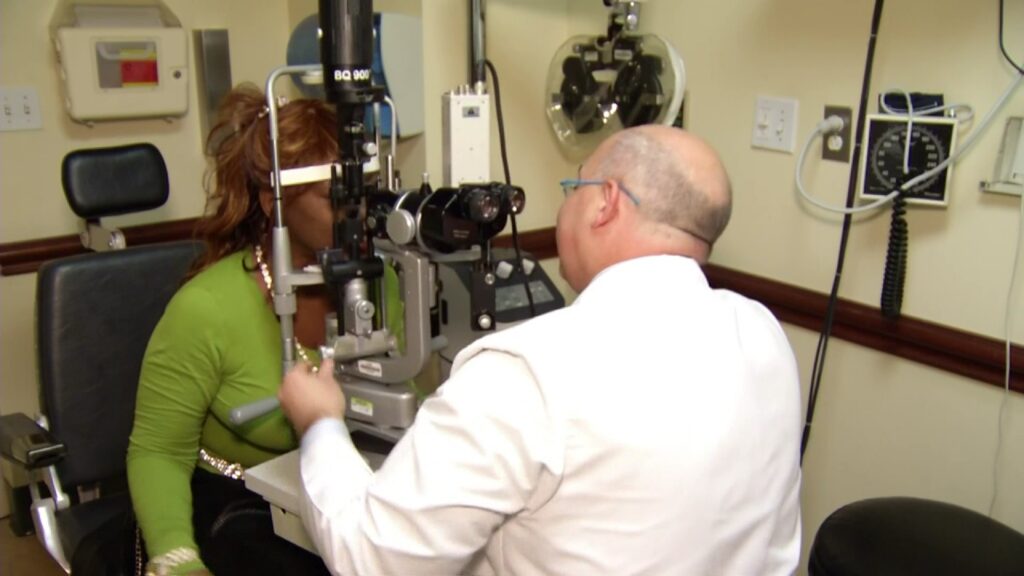
While your ophthalmologist may give you a more detailed recovery timeframe and expectations, here are some general principles to follow after cataract surgery.
Immediately After Surgery
You may go home when your cataract surgery is completed and you have spent enough time in the recovery area to allow any leftover anaesthesia wear off. It is not safe for you to drive home following cataract surgery since your vision will be compromised immediately thereafter. After the treatment, you must be transported home by someone you can trust. Although this is often an outpatient treatment, it is still a surgery, and you may have grogginess, stiffness, or discomfort for many hours afterward. On the first day after cataract surgery, the following are frequent adverse effects:
• Tears in the eyes
• You have a grit in your eyes.
• A bloodshot or scarlet eye; • Double vision or distorted vision.
Prescription eye drops may be prescribed to help you feel better. You should also get a pair of prescription sunglasses to protect your eyes from the sun’s or lights’ brightness, and you should wear them for the appropriate amount of time. You may also acquire an eye patch or a protective visor to wear to bed to protect your eyes from being poked or injured while sleeping.
A Few Days Later
While you may have some physical discomfort in the eye where cataract surgery was performed, these symptoms should pass in 24 to 48 hours. After the procedure, you may need to take antibiotic eye drops for several days, which may entail cleaning the region around your eye. To avoid getting anything in your eye, even sterile water, carefully follow your eye doctor’s instructions.
When you go home, be careful not to get soap or water in your eyes for the period that your ophthalmologist has suggested. After this outpatient procedure, you should be able to resume normal activities such as showering within a day, however you may need to wear eye protection when bathing. Additionally, you should avoid using different hair products, scents, face washes, lotions, and cosmetics for a few days while your eye heals. You may need to wear protective eyewear for a few days following surgery to prevent poking, rubbing, or scratching your eye. Itching and soreness are common in the days after cataract surgery, but you must avoid touching your eye at this time.
In two to three days, the itching and soreness will go away. Consult your doctor if the problem continues or worsens. It’s possible that you’ll need these glasses to correct your vision. Although your vision should improve within a day or two following surgery, if you have a monofocal lens, you may need help seeing objects up close since this lens does not adapt for different ranges of vision.
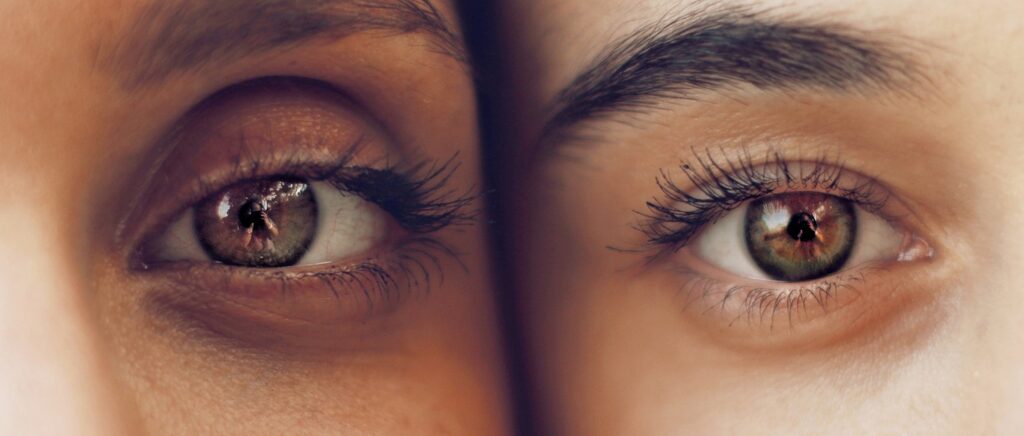
While basic activities like watching TV and walking around the house are OK the day after surgery, more strenuous activity should be avoided. Your ophthalmologist will work with you to determine whether aspects of your lifestyle, such as reading, close-up hobbies like sewing or driving, or physically demanding activities like exercising, are safe for you to engage in. Because you risk dislocating the new lens if you don’t carefully follow your ophthalmologist’s instructions, it’s vital to do so.
Your ophthalmologist will usually see you a day or two after the cataract procedure. Getting to and from your eye doctor’s office will almost probably need help. You’ll have another follow-up test a week later. After that, you may focus on recuperating for a few weeks until your next appointment.
After a few weeks,
While you should expect considerable vision improvement within one to three days after surgery, it may take three to ten weeks for your eyesight to reach its full potential. Around one month after surgery, you should see your ophthalmologist for the final time. This is the total amount of time you’ll need to recover. Your eye doctor should be able to identify and treat any issues that emerge following cataract surgery with checkups before the one-month mark.
The overall recuperation time after cataract surgery is up to eight weeks, or two months. During this time, your vision should continue to improve. Colors should seem brighter, and your vision should be clearer in general. While perfect vision, or 20/20 vision, is unlikely to return, you should be able to see 20/30 or 20/40 without the need of corrective lenses such as glasses.
Your doctor will decide your final prescription for glasses after your eyes have fully healed from cataract surgery. This is unlikely to change because, unlike a biological lens, the artificial lens in your eye will maintain its shape and clarity over time.
If you have cataracts in both eyes and require surgery, your ophthalmologist would usually perform the surgery on one eye first, then wait for the other eye to recover before scheduling the second eye. While this delays your overall vision recovery, it is crucial to allow for an adjustment period during which you can see out of one eye and detect whether any problems arise throughout the healing process.
